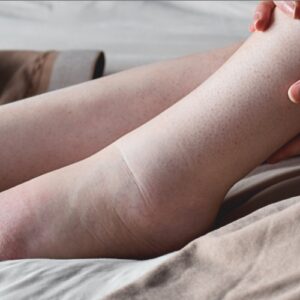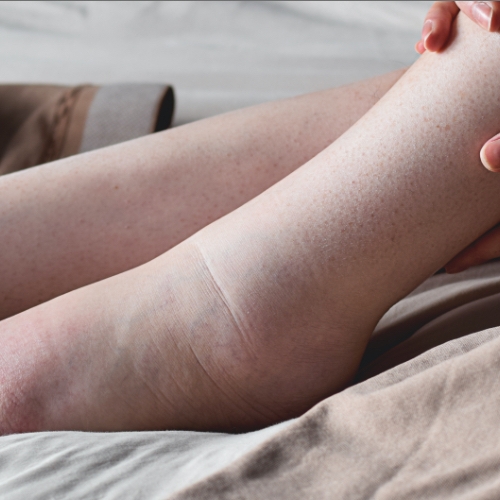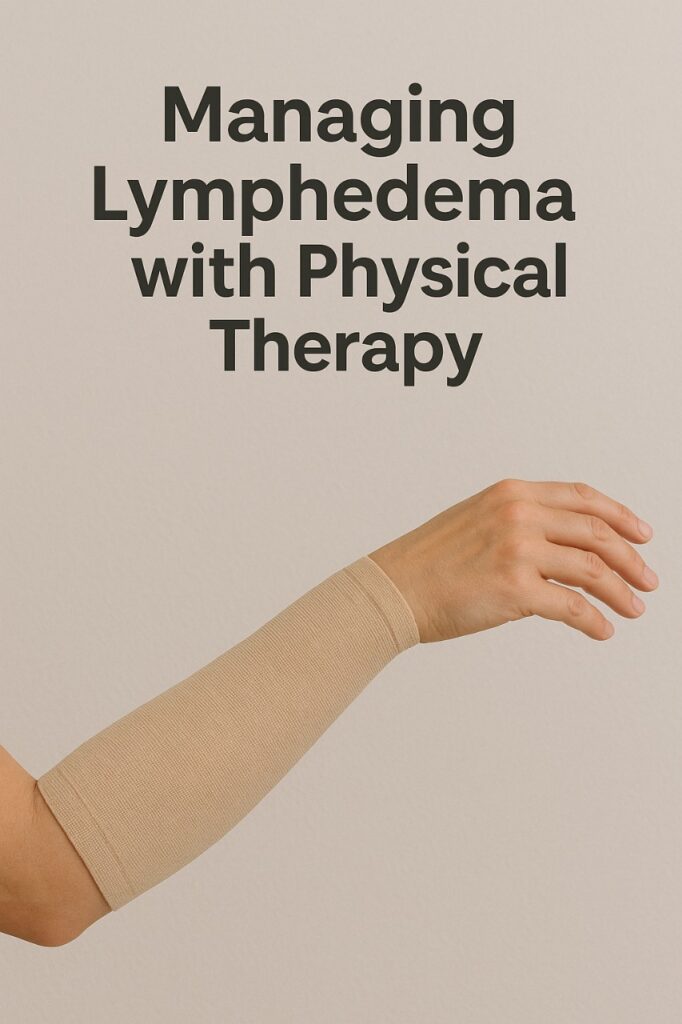
Managing Lymphedema with Physical Therapy
Lymphedema is a chronic condition that causes swelling, most often in the arms or legs, due to a buildup of lymphatic fluid. Without proper care, it can lead to discomfort, skin changes, and reduced mobility.


